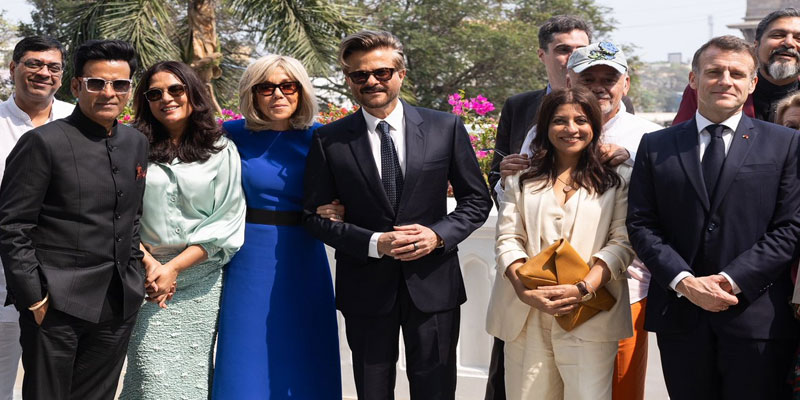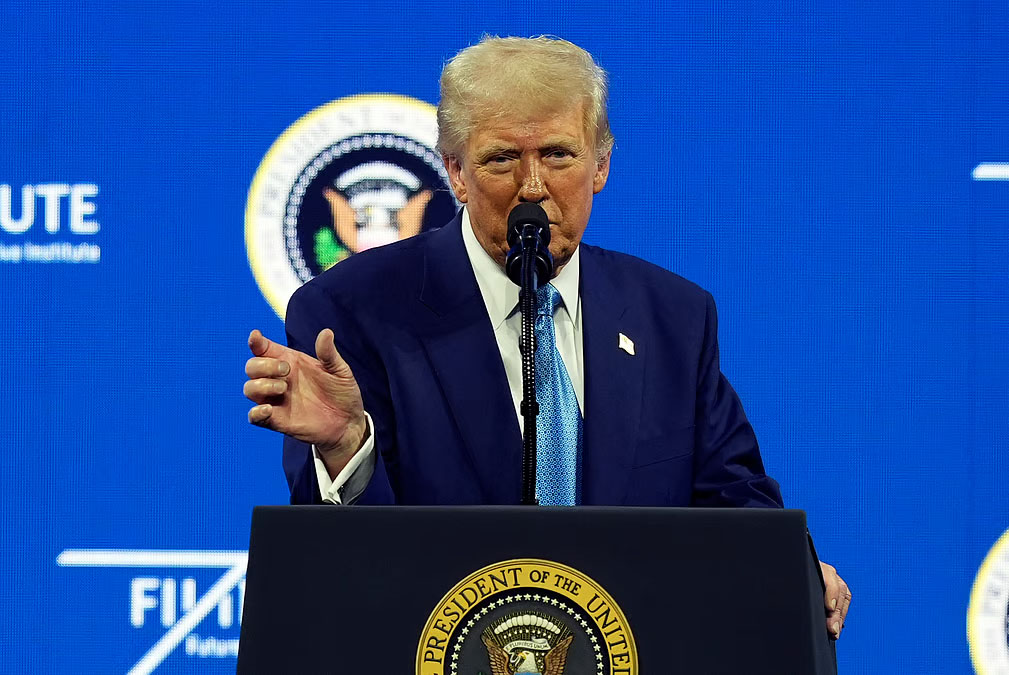Cannes 2025: A Film Festival No More?
Once the most prestigious celebration of cinematic excellence, Cannes has now evolved — or devolved — into a glossy billboard for fashion, brand endorsements, and social media stardom. What was once a sacred space for filmmakers and critics has become an elaborate stage for influencers flaunting toothbrush launches and designer gowns.
The 2025 edition of the Cannes Film Festival has drawn sharp criticism for what many are calling a dilution of its original purpose: the celebration of global cinema. The shift in focus, from the art of filmmaking to the spectacle of the red carpet, raises a pressing question — has Cannes lost its cinematic soul?
The Glory Days: Cannes and Its Place in Cinema History
Founded in 1946, the Cannes Film Festival was envisioned as a cultural response to fascism, a forum to celebrate artistic freedom and cinematic innovation. Over the decades, Cannes earned global recognition as the crucible of auteur cinema — a platform where legends like Ingmar Bergman, Jean-Luc Godard, and Satyajit Ray debuted their masterpieces.
Its Palme d'Or symbolized the pinnacle of global film excellence, while the festival served as a powerful counterpoint to Hollywood commercialism, embracing bold storytelling, experimental narratives, and global perspectives.
Aesthetics to Algorithms: The Rise of the Influencer Economy
Fast forward to 2025, Cannes now mirrors a commercial runway more than a curated cinema showcase. The red carpet has turned into a battleground for Instagram influencers and lifestyle entrepreneurs seeking brand endorsements.
In 2018, Diipa Buller-Khosla made history as India’s first influencer on the Cannes red carpet. Since then, the floodgates have opened. With influencer culture thriving, the festival now features personalities promoting everything from soap brands to NFT projects — often unrelated to cinema.
Cannes was always glamorous — that much is true. But previously, that glamour was tethered to artistry. Today, the relationship between the spotlight and the cinema it’s supposed to celebrate has become tenuous at best, and entirely severed at worst.
The Vanishing Film Conversation
The very heartbeat of Cannes — intellectual engagement around cinema — is barely audible. Red carpet commentary overshadows critical debates, and the event has become more about “who wore what” than “who directed what.” Filmmaker panels and screenings still exist, but they're often buried beneath the spectacle.
Critics lament the prioritization of high-profile commercial films with major stars, pushing aside independent and art-house films that once found their first champions at Cannes. This shift risks marginalizing bold, diverse voices — especially those from the Global South — that rely on film festivals for visibility and recognition.
A PR Engine Masquerading as a Festival
Even those deeply intertwined with the festival have voiced disillusionment. French New Wave icon Jean-Luc Godard, whose films were once synonymous with Cannes’ radical spirit, sharply criticized its present form. Calling it “part of the PR circus,” Godard lamented that Cannes had become little more than a publicity platform.
The festival’s programming choices increasingly reflect this critique. Major premieres are often synchronized with studio marketing calendars, blurring the line between festival curation and corporate strategy. The artistry is often side-lined, reduced to talking points in a press release rather than genuine cinematic celebration.
The Soul of Cannes at a Crossroads
Cannes 2025 may still carry the name of a film festival, but its essence has undeniably shifted. While glitz and media attention are not inherently problematic, their dominance over the narrative and purpose of the event is cause for concern. Cinema — once the star — now plays a supporting role.
To reclaim its dignity and relevance, Cannes must realign with its founding spirit. That means curating with artistic intent, championing underrepresented filmmakers, and restoring the primacy of critical discourse over couture. Until then, Cannes risks becoming a hollow shell — a beautiful backdrop with little substance, where cinema stands in the shadows of vanity.
(With agency inputs)






















